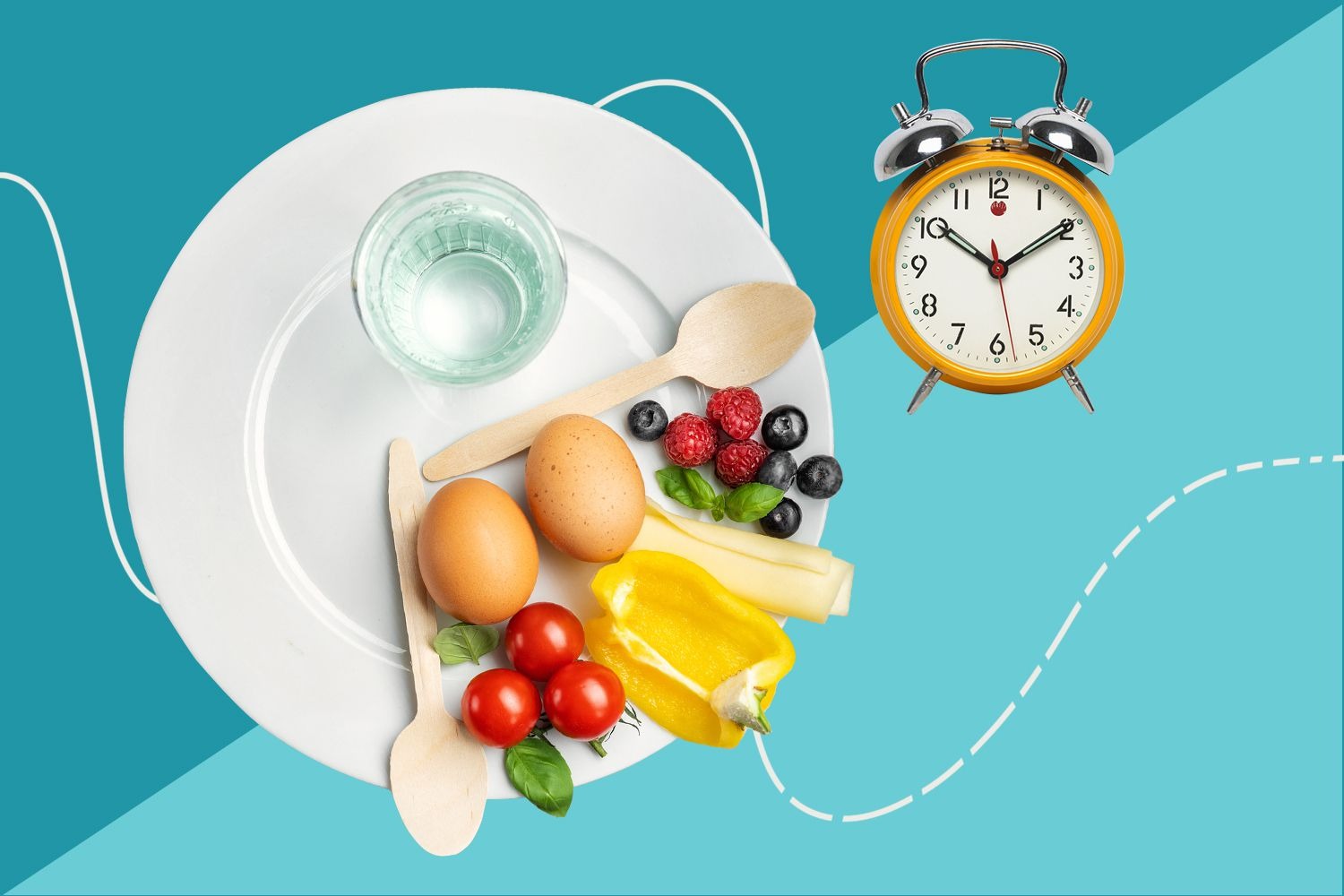
Nowadays the trend of Intermittent Fasting is increasing rapidly all over the world. Actually, it can be helpful in reducing weight rapidly. It has become popular among celebrities as well as common people. This is a way of fasting in which you have to eat something at a fixed time. However, it is not necessary that it is beneficial for everyone. A recent research has described it as harmful for hair (Intermittent Fasting Side Effects). This research has been published in the journal Cell.
Research conducted under the leadership of stem cell biologist Bing Zhang of Westlake University, China, revealed that intermittent fasting reduces hair growth. Hair starts falling rapidly. For this, he investigated its effect on rats. Although its effect on humans may be less, but there will be harm. It took 96 days for the hair to grow again in rats doing intermittent fasting, whereas the hair of normal rats grew in 30 days. Let us know how intermittent fasting damages hair .
lack of nutrition
During this fasting, the eating time is limited. Due to this, the body does not get enough nutrition. When the body does not get the necessary nutrition, the effect is seen on the hair as well. Nutrients like iron, zinc, biotin, protein and vitamin D are very important to keep the hair healthy. Due to their deficiency, the hair becomes weak. This increases the problem of hair fall.
Tension
Intermittent fasting does not provide the body with sufficient calories, which leads to lack of energy. In such a situation, the hair also gets less nutrition, which leads to hair fall. This fasting can also increase stress. Stress causes hair to fall rapidly.
effect of hormonal changes
When you start intermittent fasting, many types of hormonal changes are seen in the body. Especially in women, fasting can affect the levels of thyroid hormone and prolactin. These hormones play an important role in hair growth and strength. This is the reason why hair growth decreases.
Tips to prevent hair fall
- Take a healthy diet during fasting. Include protein, green vegetables, fruits, nuts and seeds in your diet.
- Drink four to five litres of water so that both the body and hair remain hydrated.
- You can take biotin, zinc and vitamin D supplements as per doctor's advice.
--Advertisement--

 Share
Share



